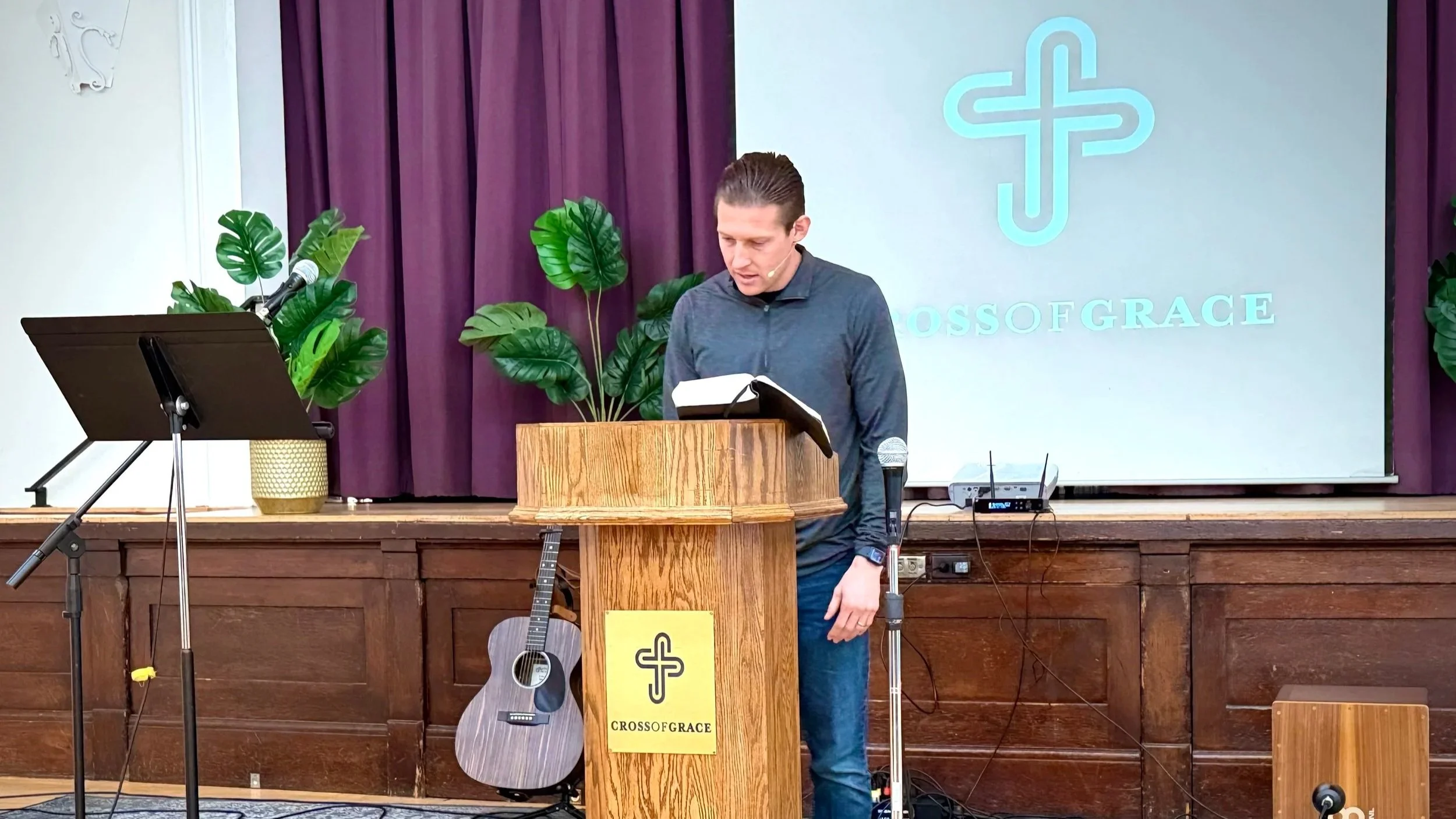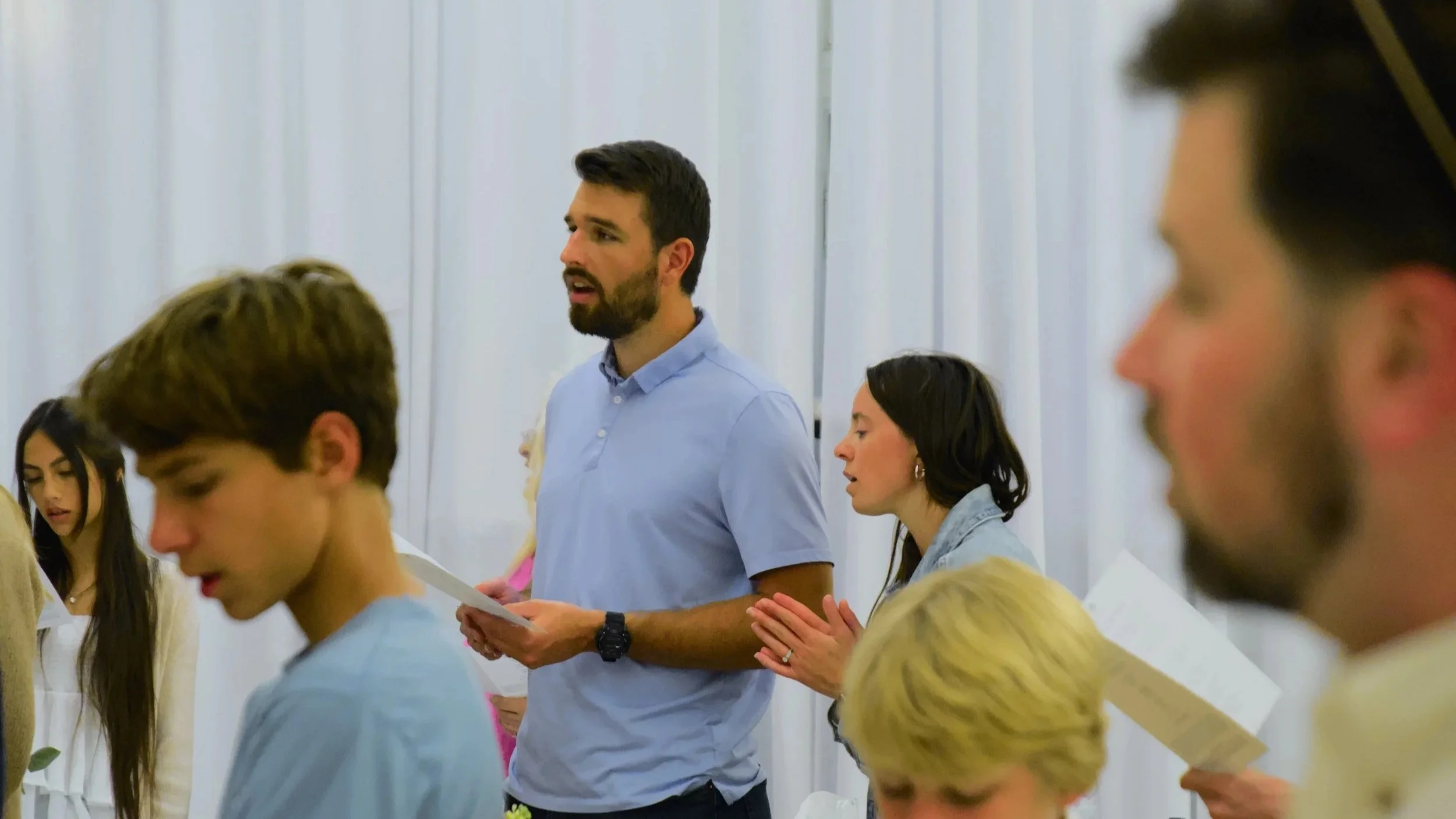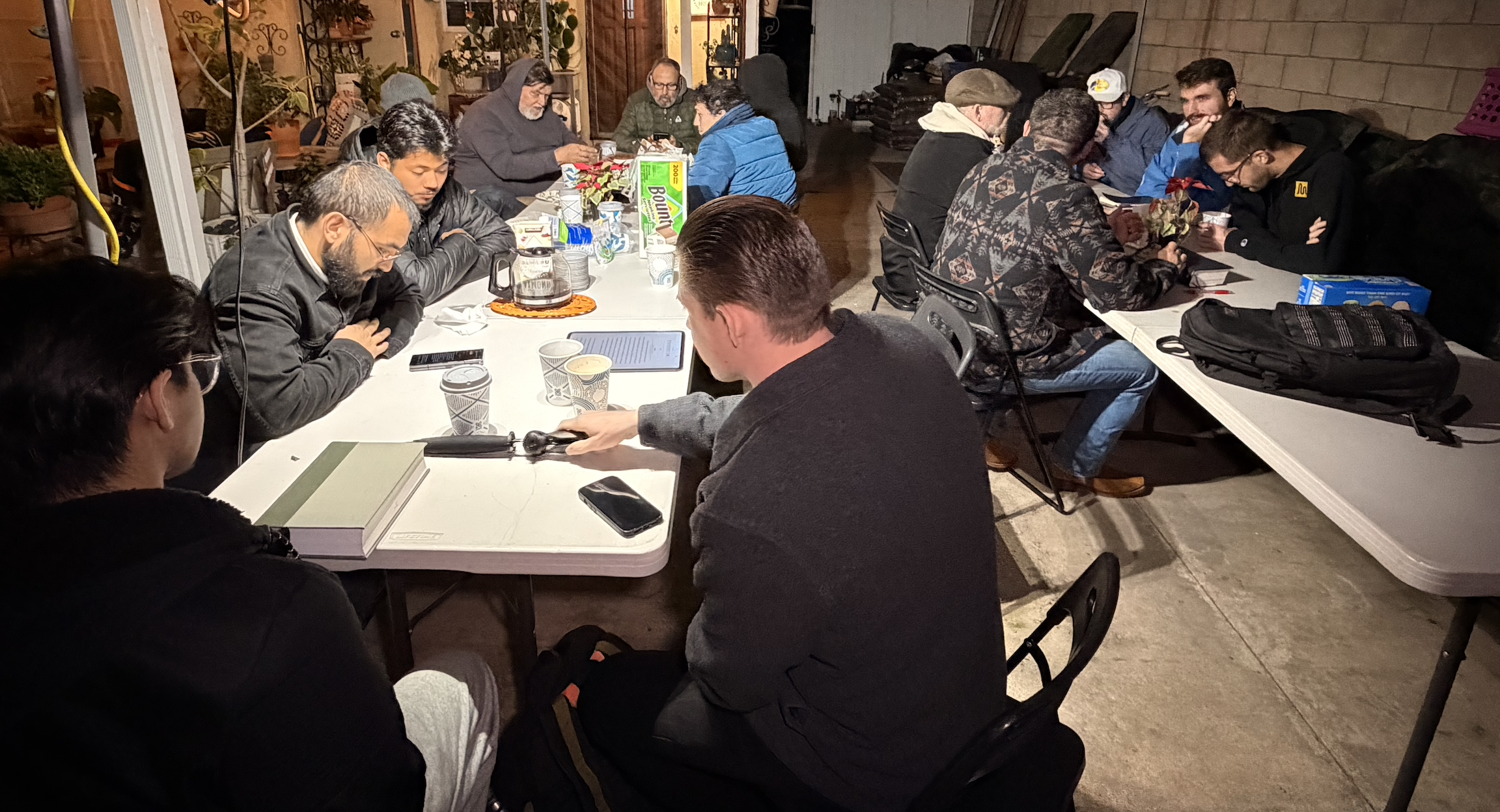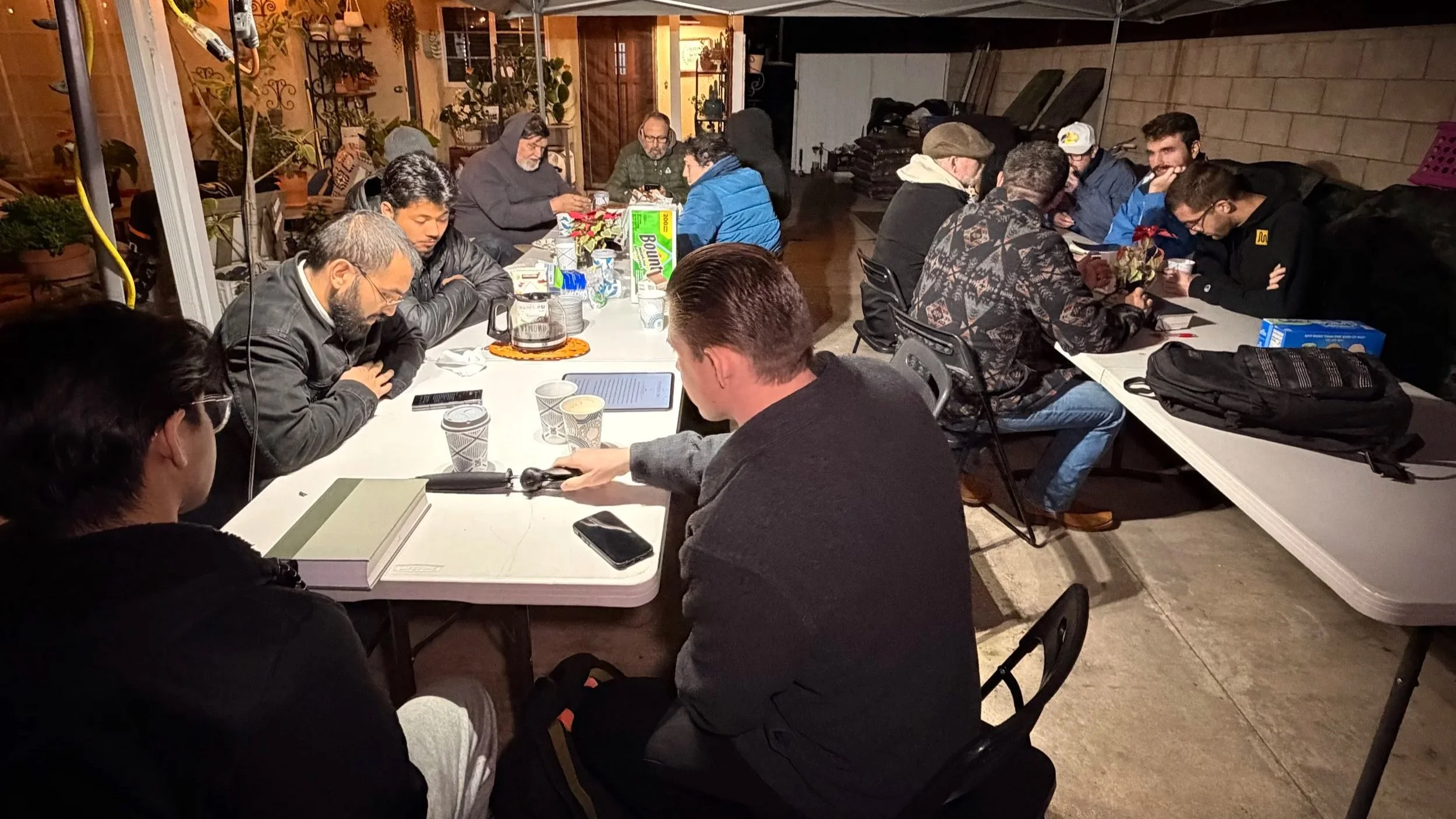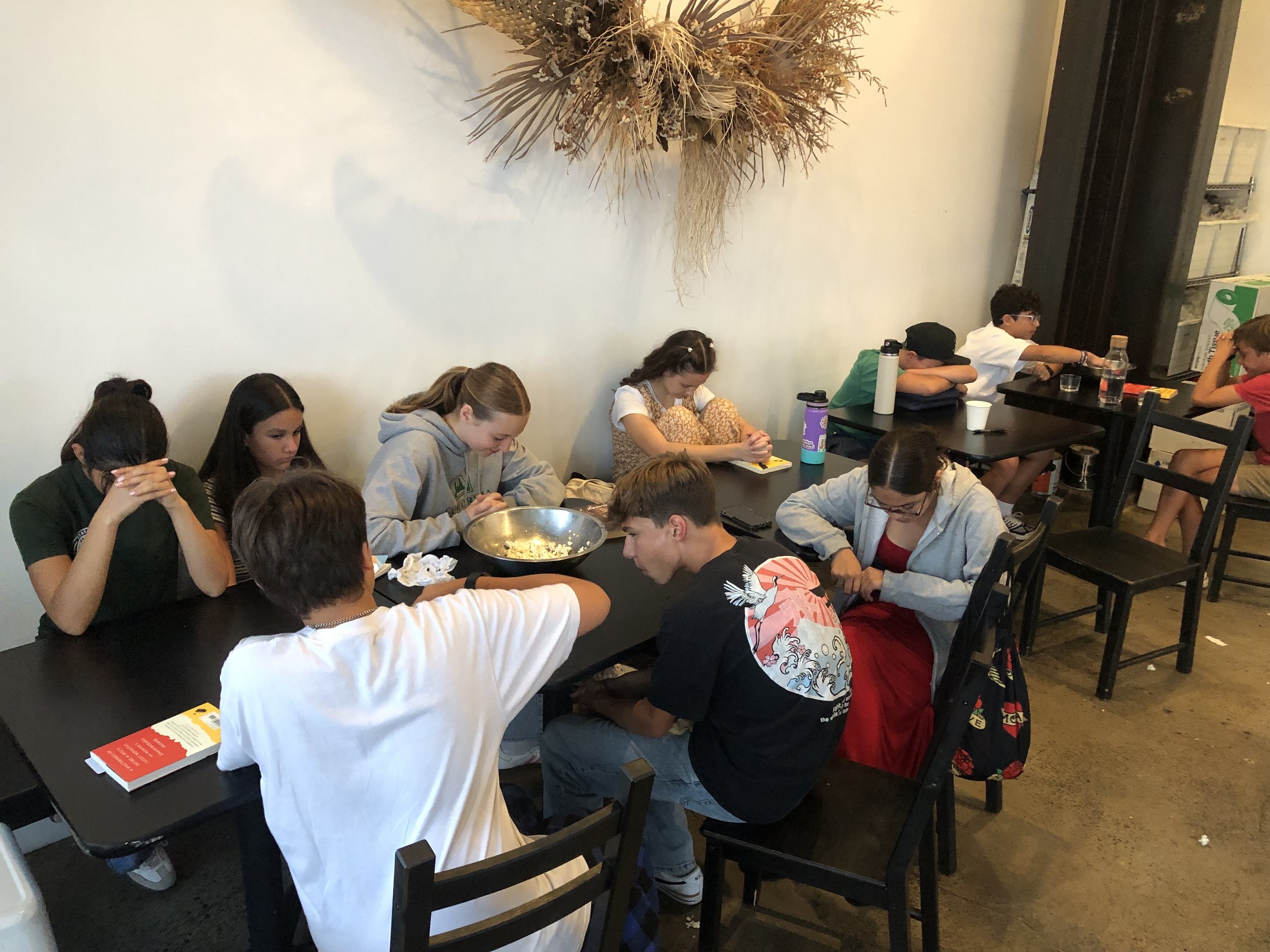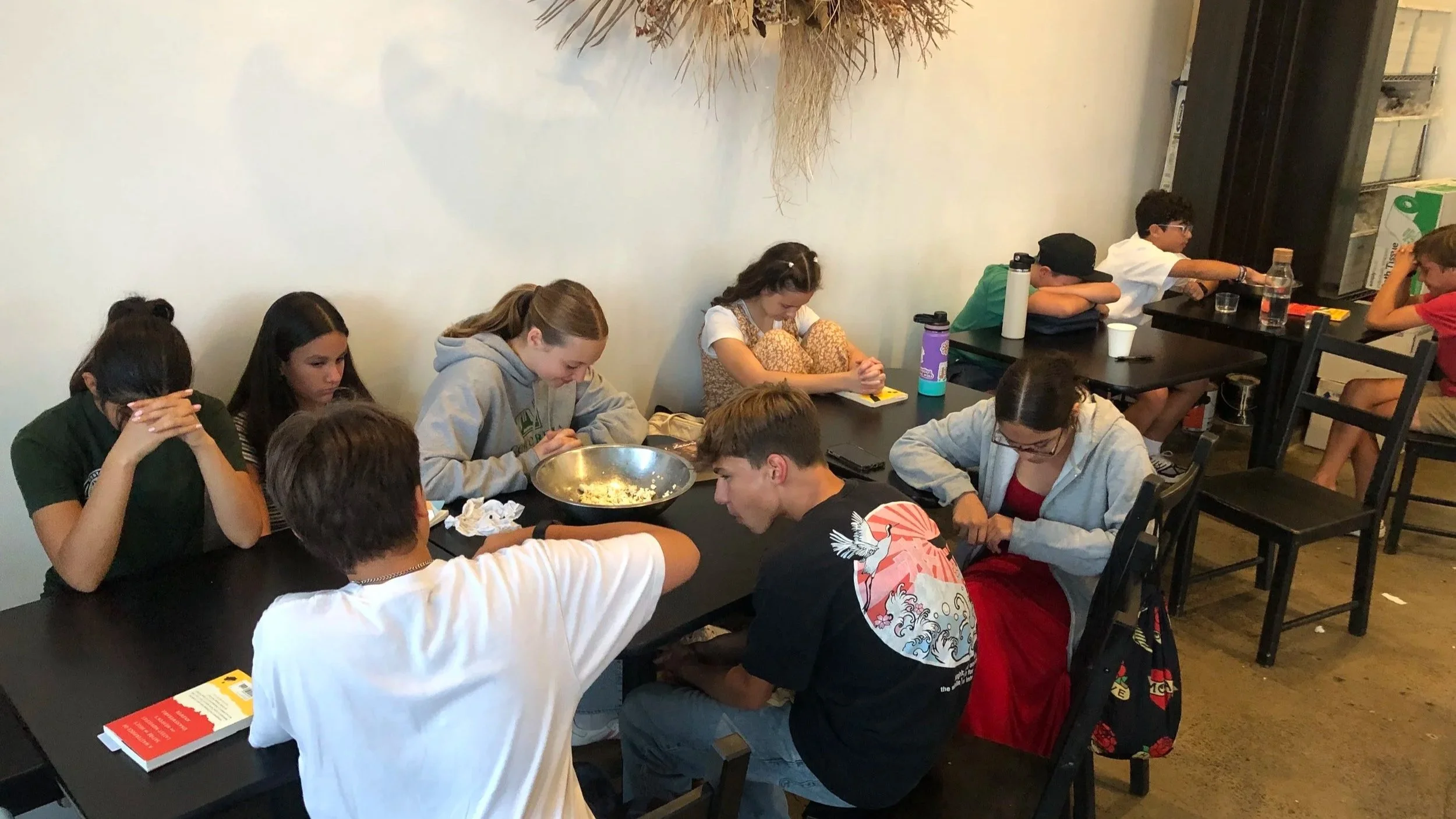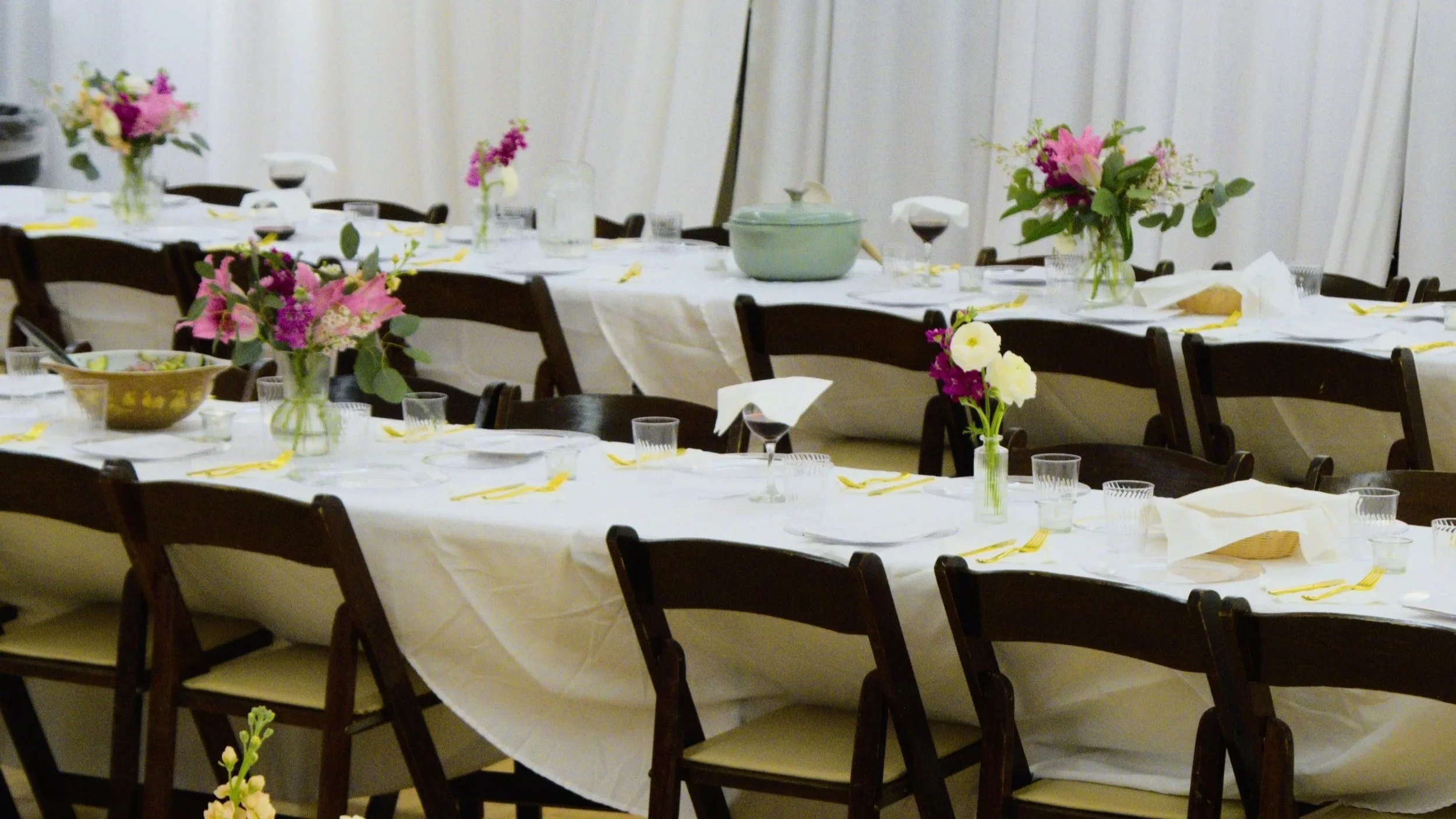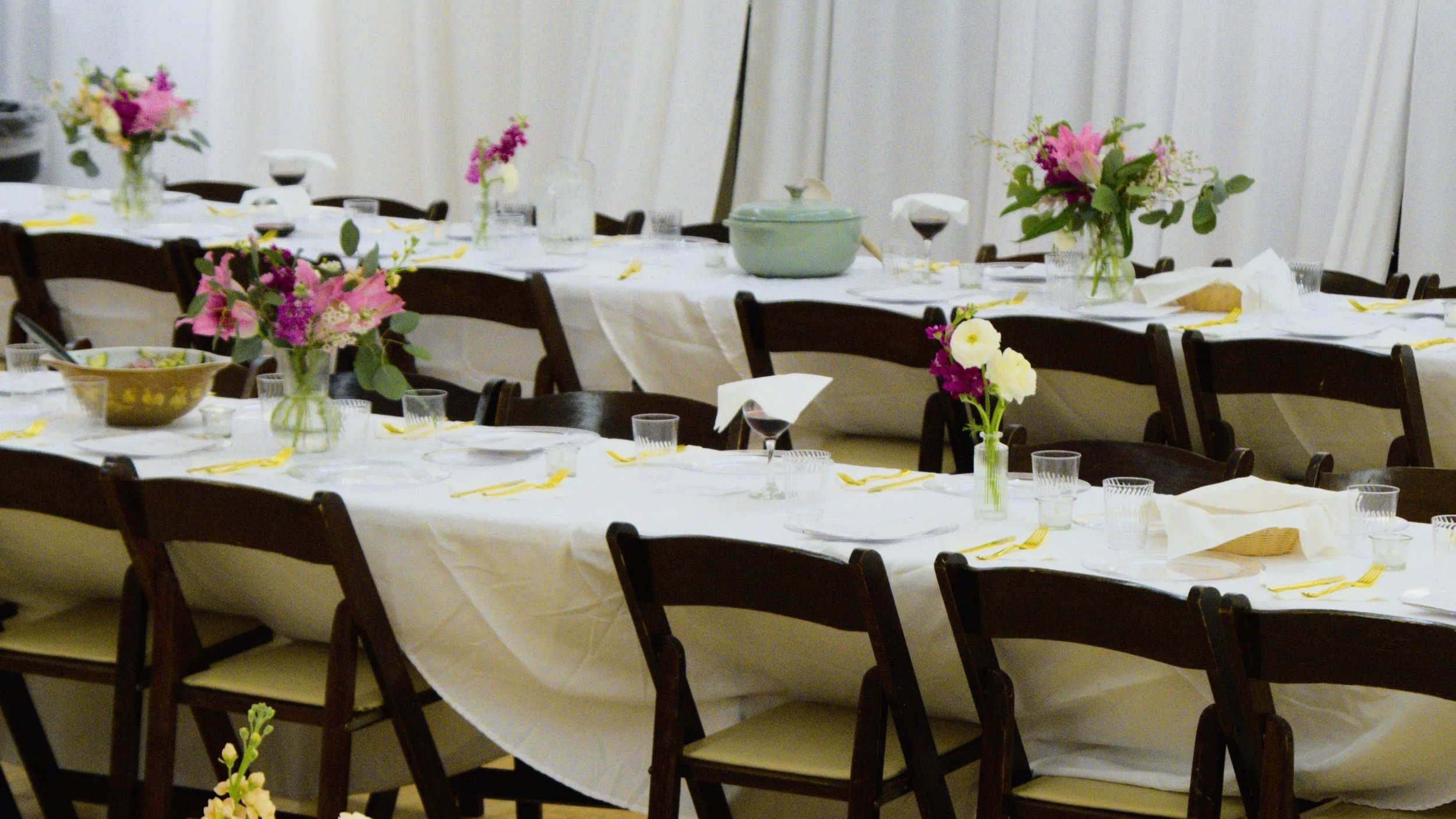FEBRUARY 16 - FEBRUARY 22
Every Tuesday we publish a blog post to lay out in one place what’s going in the life of the church for the upcoming week. Below we’ve got a snapshot of what’s on the calendar this week:
THURSDAY, FEBRUARY 19
French Park Run Club
6:30am - French Park Grass Area
Small Groups
6:30pm - Lee Home
7:00pm - Roenicke Home
FRIDAY, FEBRUARY 20
Small Groups
7:00pm - Davis & Erkelens Homes
SUNDAY, FEBRUARY 22
Sunday Gathering at the Ebell Club
10:00am - Meeting Room: Ballroom



